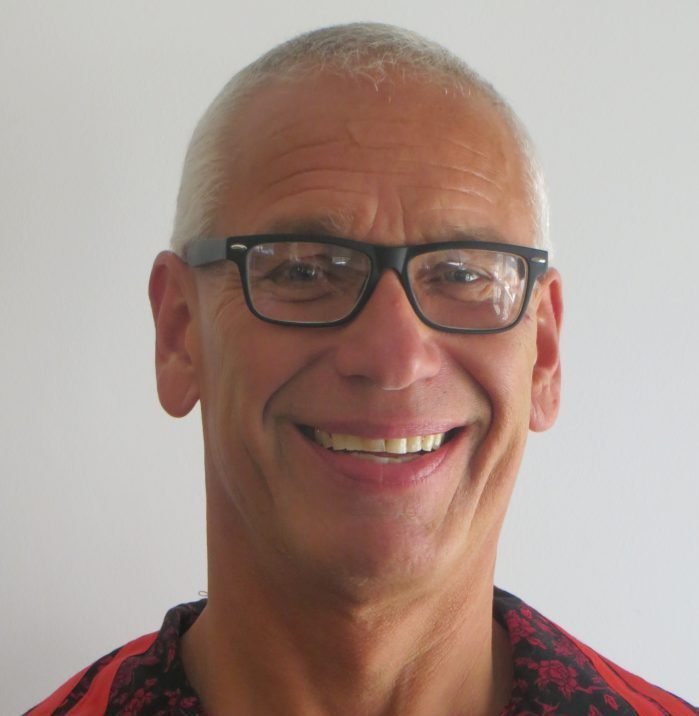Alex M. McComber
Alex M. McComber is a researcher at McGill University working on diabetes prevention in Indigenous communities. A tireless advocate for Indigenous health promotion and empowerment, McComber incorporates a community-based participatory research (CBPR) approach into his work. CBPR involves community members and researchers collaborating equally to identify problems and address them through shared visions and goals. His work emphasizes data collection and analysis to recognize elements that could affect future decisions – a process also known as “environmental scanning”.
McComber is Indigenous and a member of the Kahnawake nation. He was born in Brooklyn, New York and completed his Bachelor of Arts in Social Studies in Teacher Training at St. Francis College in New York. He started his career as a teacher before earning a Masters in Education Administration from McGill University. He went on to work with the Kahnawake Mohawk Territory – a First Nations reserve in Quebec, near Montreal – and has made huge impacts throughout his career on the health of that community.
McComber currently works as a Community Advisor and Researcher with the Kahnawake Schools Diabetes Prevention Project (KSDPP) initiated in 1994 and funded by the Canadian Institute of Health Research (CIHR). He has been involved with KSDPP since its inception. In this role, he researches and organizes community-based activities to promote healthier lifestyles and raise awareness around diabetes prevention. McComber studies efficient strategies for development and evaluation of CBPR. He collects relevant data to identify potential areas of improvement for KSDPP and community mobilization. Data collection could involve surveys or Talking Circle meetings where participants, stakeholders and researchers come together to discuss issues and reach a consensus decision for the community to implement social change.
The prevalence of Type 2 diabetes in Indigenous peoples in Canada is 3-5 times higher than the general population and the rate has been increasing. Through KSDPP and the CBPR approach, McComber has been partnering with the community to intervene by creating a more inclusive, respectful, ethical and culturally-relevant space for prevention and management education. KSDPP hosts many events and workshops, such as Family and Friends Skating, Mother’s Day Walk, Youth Mentorship Project and the Diabetes and Nutrition Booth, which have been helpful in slowing down the rate of diabetes in the Kahnawake community. Through this project, McComber has shown how helpful community-based research and outreach can be in diabetes prevention. For the impact that he has made in this community, McComber was awarded an honorary Doctor of Science degree from Queen’s University in 2015.
Due to the success of this project – one of the longest running community-based health research project in Canada – McComber has been an invited speaker at many institutions across the country, helping to create training opportunities and facilitate workshops on how to implement similar programs for other Indigenous communities. McComber has also contributed to the Network Environment for Indigenous Health Research hosted by McGill University and multiple projects with CIHR like the Transformation of Indigenous Primary Healthcare Delivery (FORGE AHEAD): Community-driven Innovations and Strategic Scale-up Toolkits, which is a five year initiative aimed at reducing the healthcare gap and improving access for Indigenous communities. He has also served on the Board of Directors for National Aboriginal Diabetes Association and Kahnawake Combined Schools Community. As a determined researcher and advocate, McComber continues to work relentlessly to promote Indigenous health and equity in Canada.
— Written by Sababa Shahid

